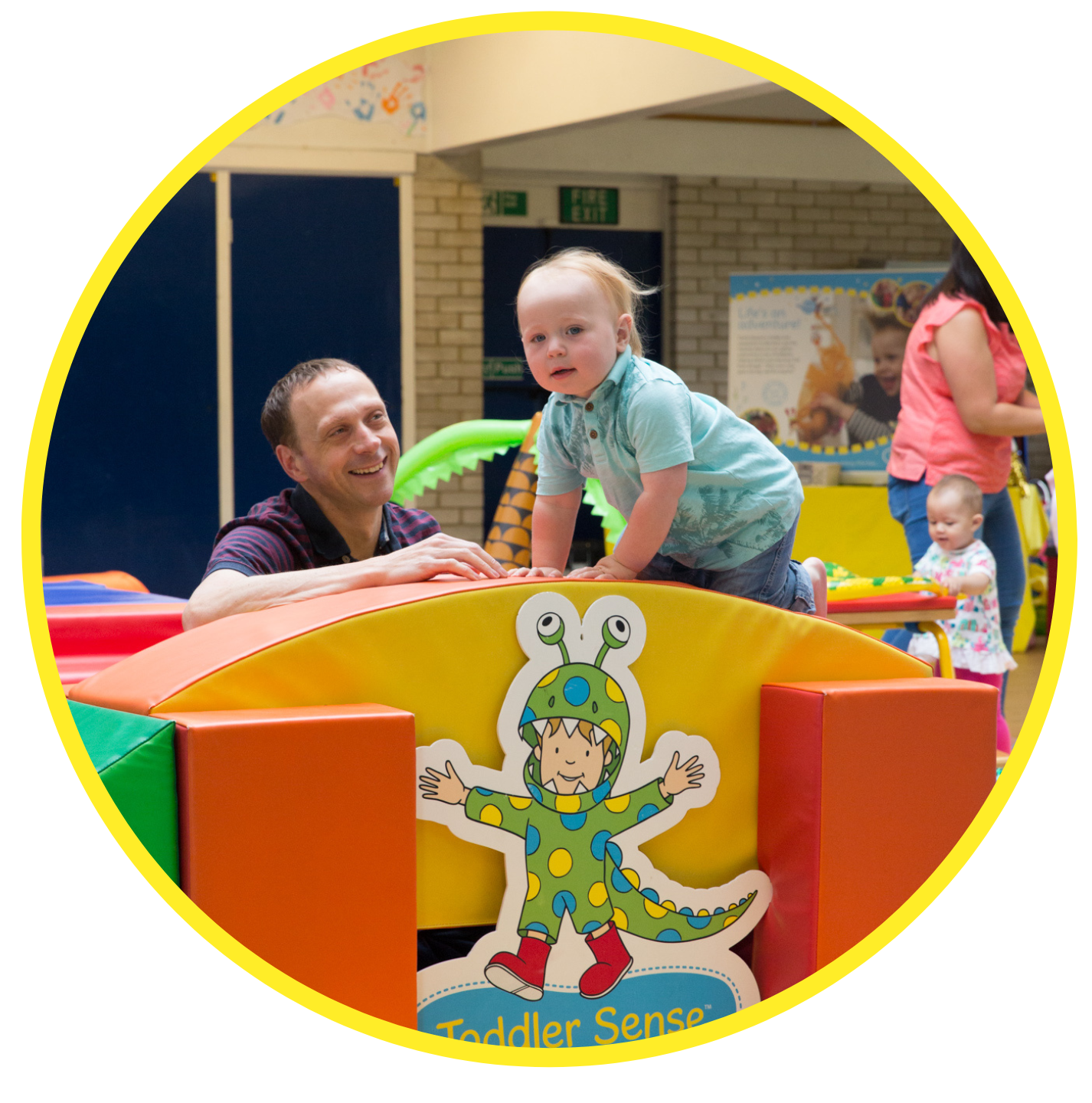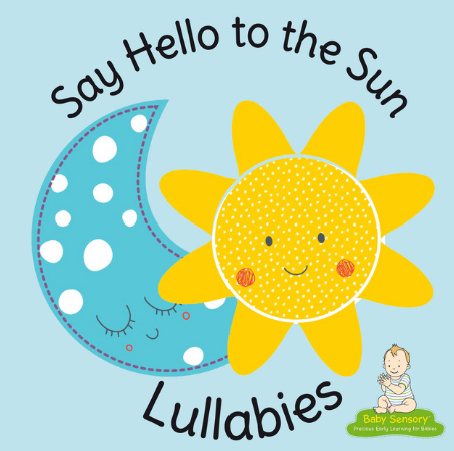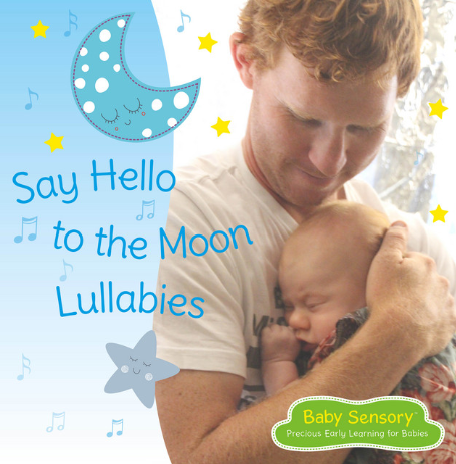Dr Lin Day's Top Tips
Most parents have days when they feel low. This is perfectly normal. Looking after a baby or toddler, being constantly on call and coping with the daily demands of life is not easy. However, parents who start to feel more lethargic than usual and perhaps socially withdrawn as the winter season draws in could find themselves experiencing the ‘winter blues’.

The ‘winter blues’ (also known as seasonal affective disorder - SAD), affects about 2 million people in the UK.
The winter blues typically start in September when the nights grow longer and disappear when day length increases in April. Symptoms may include tiredness, lethargy, sleep problems, low concentration levels, social withdrawal, increased appetite, reduced libido, irritability, feeling down and unsociable and mild depression. Sufferers may also be more vulnerable to infections and other illnesses during the winter months.
Here are some useful tips from our founder Dr Lin Day
Bright light
Shorter days and longer nights reduce the production of serotonin in the brain, giving rise to lethargy and low concentration levels. Conversely, sunlight promotes the release of serotonin, which increases libido and feelings of happiness and wellbeing. Therefore, the most effective treatment is to get as much sunlight as possible, especially in the early morning. If it is impossible to get outside, use full spectrum bulbs (about 2,500 lux) in the house and keep the blinds up during the day to increase light levels.
Vitamin D supplements will boost the immune system and provide defence against pathogens during the winter months and promote good bone health.
A healthy diet
A diet high in carbohydrates and sweet foods increases serotonin levels, which is why you may crave them during the winter months. However, over-consumption can be accompanied by fatigue and depression. Intake of protein from meat, eggs, and cheese is important, because it increases the production of dopamine and norepinephrine, which promote alertness and motivation.
Some studies have found a daily intake of B vitamins to be beneficial. Whole grains, eggs, green leafy vegetables and berries are high in vitamin B. Other essential dietary requirements include omega-3 from oily fish, vegetables and nuts. Omega-3 speeds up electrochemical signalling between the brain cells and increases the ability to think clearly and retain information.
Hydration
Hydration can also help to alleviate the winter blues. A two percent drop can trigger fatigue and mood changes. The recommended daily intake is between 8 and 10 tall glasses of water. Avoid caffeine and other stimulants, which can keep you awake when you need to sleep.
Dark chocolate
Dark chocolate is another great food for producing a sense of wellbeing. Eating a small bar daily can improve blood and oxygen flow to the brain, which speeds up thinking, concentration and alertness. Dark chocolate contains flavonoids, which are vital to health.
Exercise
Exercise is a great way to beat the winter blues. The National Institute for Health and Care Excellence (NICE) recommends exercise is an excellent activity to improve health and wellbeing. Evidence suggests that 30 minutes of vigorous exercise three times a week regulates the production of endorphins in the brain, which alleviate stress and depression. Exercising outdoors provides a change of scenery and it increases the opportunity to meet other people.

Attending activities such as Toddler Sense encourages fun forms of exercise from an early age. It enhances movement and physical activity that promotes gross motor skills, improves concentration, strengthens muscles and overall physical abilities. This helps to provide a stimulating and social environment for children, keeps the child active, engaged and can potentially mitigate some of the effects of SAD.
Social support
Meeting up with other parents on a regular basis at Baby Sensory or Toddler Sense classes can be one of the best therapies for the winter blues.

Having a night out with friends or family, chatting over the telephone, networking online or talking to the neighbours can also put you in a positive, constructive frame of mind.
Relaxation
Relaxation and plenty of rest are important for emotional health, strength, and energy. Meditation, yoga and massage therapies can be very effective ways to relieve stress.
If you don’t have the time to treat yourself to a massage or bubble bath, simply cuddling up with your baby or child, sharing a story or movie together or listening to calming music such as the ‘Say Hello to the Sun Lullabies’ can help you to unwind.


Click the album covers above to listen to our Baby Sensory Lullabies.
Aim for at least 8 hours sleep and keep bedtime and waking up routines regular. Limit over-sleeping as it can make you feel tired and lethargic during the day. When you get up, a warm shower can help to lift your spirits and prepare you for the day ahead.